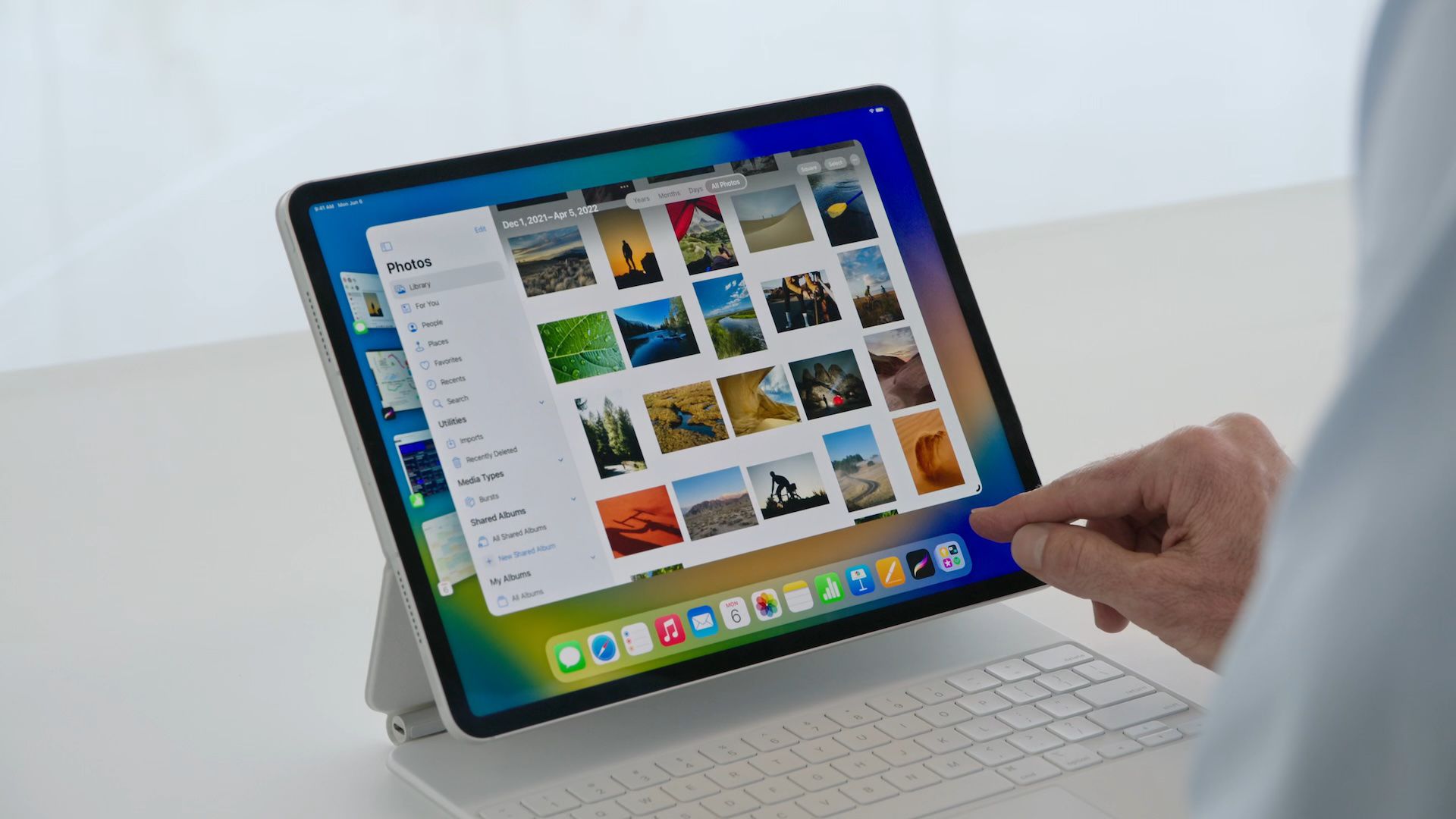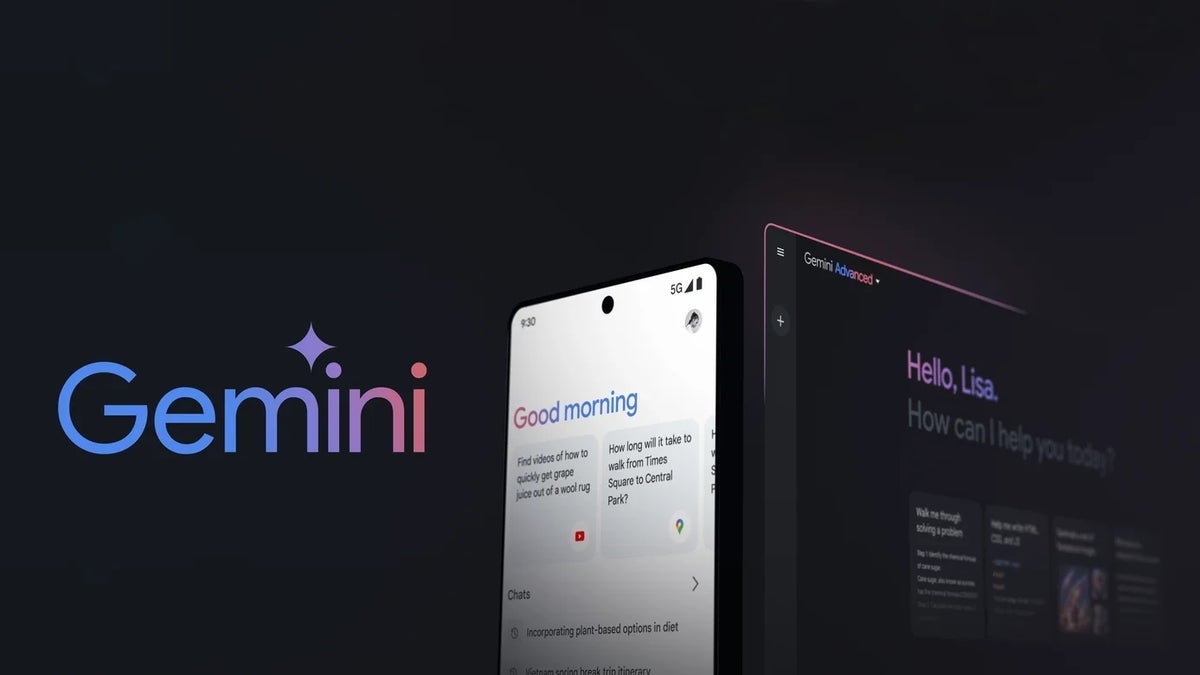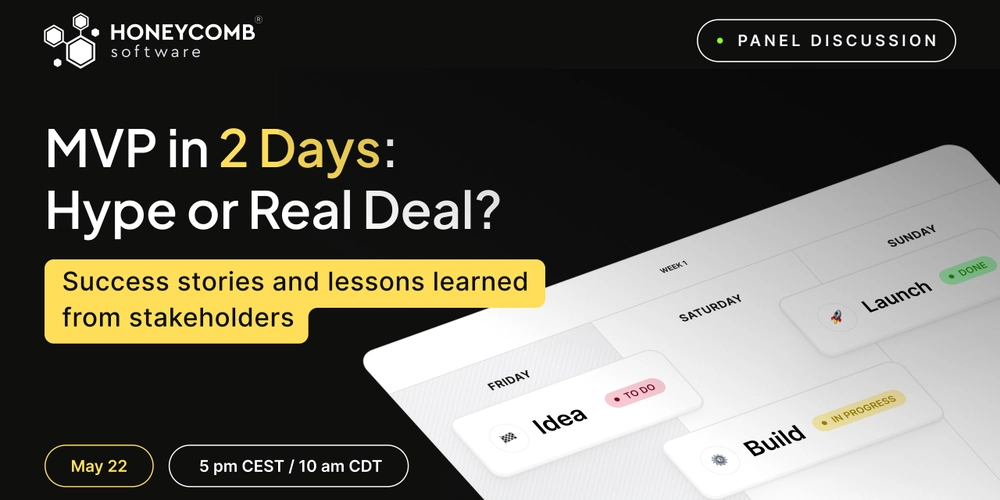How to Get Started in Open Source (Even if You’re a Beginner)
Getting started in open source can feel overwhelming, especially if you’re a beginner. You might be wondering: 'Where do I start?', 'Do I need to be an expert?', or 'Will I be welcomed?' Good news: open source is for everyone. Whether you're just learning to code or looking to sharpen your skills in real-world projects, contributing to open source is one of the best ways to grow, collaborate, and make an impact. 1. What Is Open Source and Why It Matters Open source refers to software whose source code is freely available to the public. Anyone can inspect, modify, and enhance it. Why it's powerful: You learn by doing. You collaborate with developers around the world. You build a portfolio that employers respect. You give back to the tech community. It’s more than code, it's about transparency, community, and continuous learning. 2. Busting the Myths Around Open Source Let’s get these out of the way: You don’t need to be an expert. Many projects welcome beginners. You don’t have to write code. Docs, design, testing, and triaging issues are all valid contributions. You won’t be judged. Most open source communities are incredibly welcoming and supportive. Finding the Right Project as a Beginner Not all open source projects are beginner-friendly, so start with those that explicitly welcome new contributors. Tips: Use filters like good first issue, help wanted on GitHub. Explore platforms like Up For Grabs, CodeTriage, or First Timers Only. Choose projects in areas you’re passionate about. Read the project’s README and CONTRIBUTING.md files before jumping in. 4. How to Make Your First Contribution Here's a simple roadmap: Fork the repository. Clone it locally. Create a new branch. Make your changes. Push and create a pull request (PR). Respond to feedback and iterate if needed. Tip: Start small. Fix a typo, update documentation, or improve a UI detail. 5. Build Skills with Structured Open Source Learning If you want to combine self-learning with mentorship and structure, consider a guided open source course. One such option is the Open Source Intelligence Training course which helps learners understand the methodology behind open source research, tooling, and collaboration. Courses like these are helpful for: Understanding the ethics of open source. Learning industry-grade workflows. Gaining certification for your contributions. 6. Best Practices for Long-Term Success Be consistent: Regular contributions build your reputation. Ask questions: Don’t be afraid to reach out in discussion threads. Respect project guidelines: Read and follow the code of conduct. Celebrate small wins: Every PR, no matter how small, is progress. Ready to Start Your Open Source Journey? Contributing to open source isn’t about perfection—it’s about progress. Start small, stay consistent, and embrace the learning curve. The community is waiting for you. Have a favorite open source project or tip for beginners? Share it in the comments below and help others take their first step.
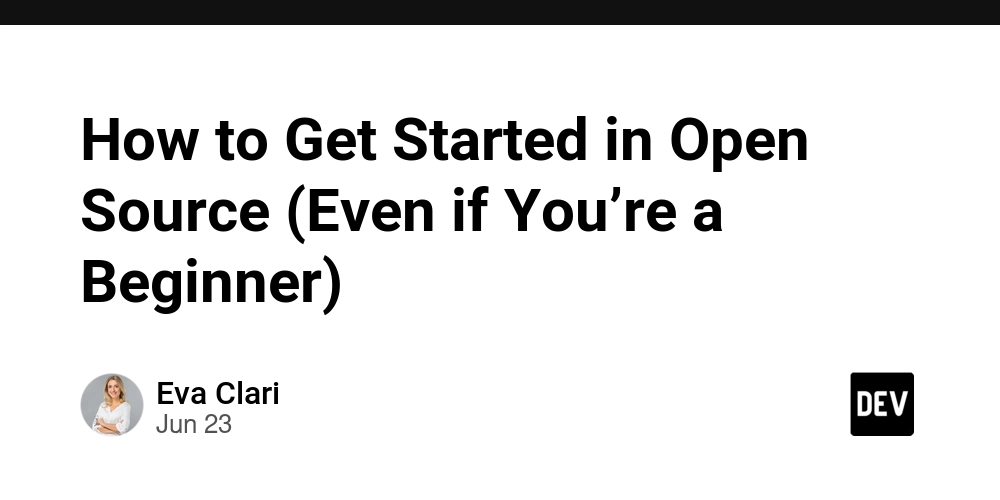
Getting started in open source can feel overwhelming, especially if you’re a beginner. You might be wondering: 'Where do I start?', 'Do I need to be an expert?', or 'Will I be welcomed?' Good news: open source is for everyone.
Whether you're just learning to code or looking to sharpen your skills in real-world projects, contributing to open source is one of the best ways to grow, collaborate, and make an impact.
1. What Is Open Source and Why It Matters
Open source refers to software whose source code is freely available to the public. Anyone can inspect, modify, and enhance it.
Why it's powerful:
- You learn by doing.
- You collaborate with developers around the world.
- You build a portfolio that employers respect.
- You give back to the tech community.
It’s more than code, it's about transparency, community, and continuous learning.
2. Busting the Myths Around Open Source
Let’s get these out of the way:
- You don’t need to be an expert. Many projects welcome beginners.
- You don’t have to write code. Docs, design, testing, and triaging issues are all valid contributions.
- You won’t be judged. Most open source communities are incredibly welcoming and supportive.
- Finding the Right Project as a Beginner Not all open source projects are beginner-friendly, so start with those that explicitly welcome new contributors.
Tips:
- Use filters like
good first issue,help wantedon GitHub. - Explore platforms like Up For Grabs, CodeTriage, or First Timers Only.
- Choose projects in areas you’re passionate about.
- Read the project’s README and CONTRIBUTING.md files before jumping in.
4. How to Make Your First Contribution
Here's a simple roadmap:
- Fork the repository.
- Clone it locally.
- Create a new branch.
- Make your changes.
- Push and create a pull request (PR).
- Respond to feedback and iterate if needed.
Tip: Start small. Fix a typo, update documentation, or improve a UI detail.
5. Build Skills with Structured Open Source Learning
If you want to combine self-learning with mentorship and structure, consider a guided open source course. One such option is the Open Source Intelligence Training course which helps learners understand the methodology behind open source research, tooling, and collaboration.
Courses like these are helpful for:
- Understanding the ethics of open source.
- Learning industry-grade workflows.
- Gaining certification for your contributions.
6. Best Practices for Long-Term Success
- Be consistent: Regular contributions build your reputation.
- Ask questions: Don’t be afraid to reach out in discussion threads.
- Respect project guidelines: Read and follow the code of conduct.
- Celebrate small wins: Every PR, no matter how small, is progress.
Ready to Start Your Open Source Journey?
Contributing to open source isn’t about perfection—it’s about progress. Start small, stay consistent, and embrace the learning curve. The community is waiting for you.
Have a favorite open source project or tip for beginners? Share it in the comments below and help others take their first step.



















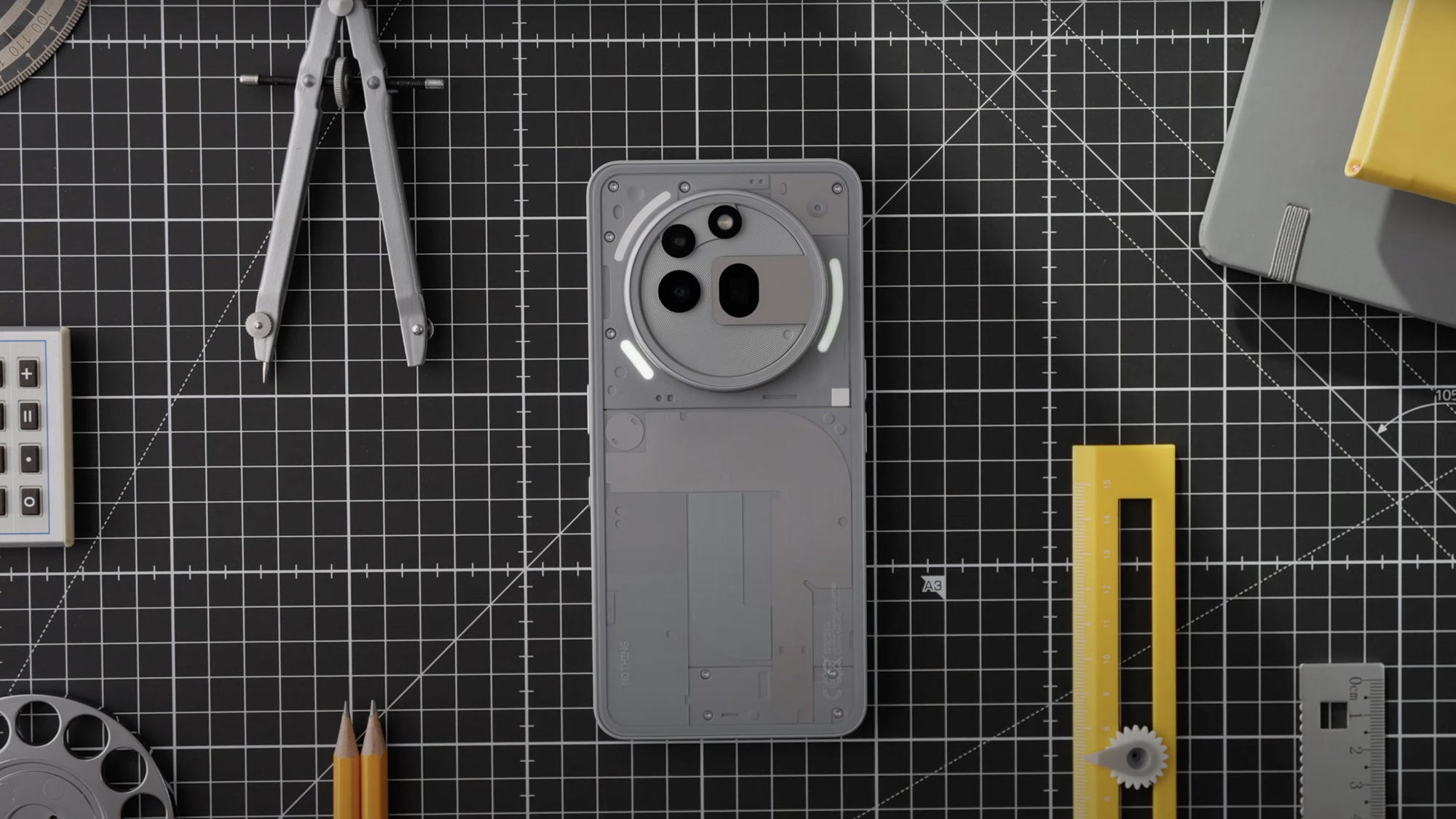

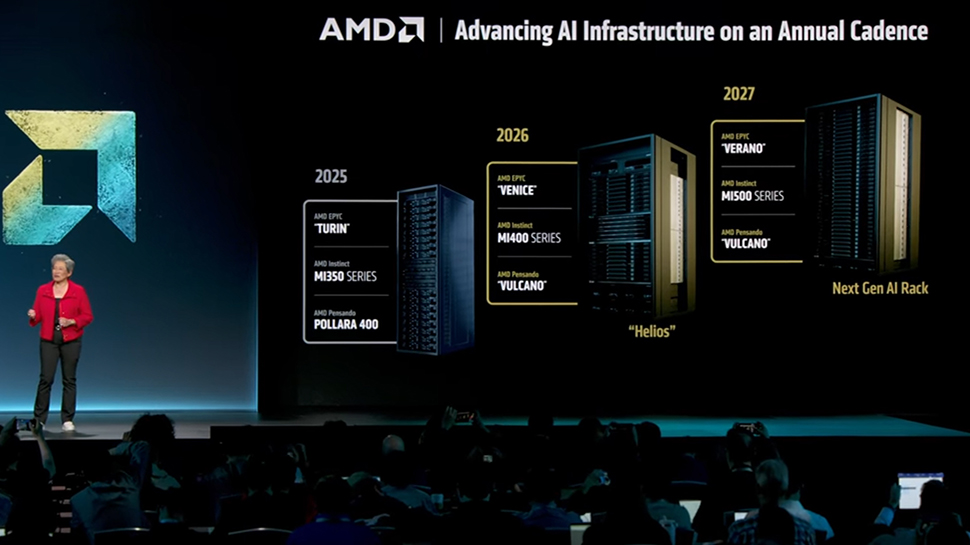





























































































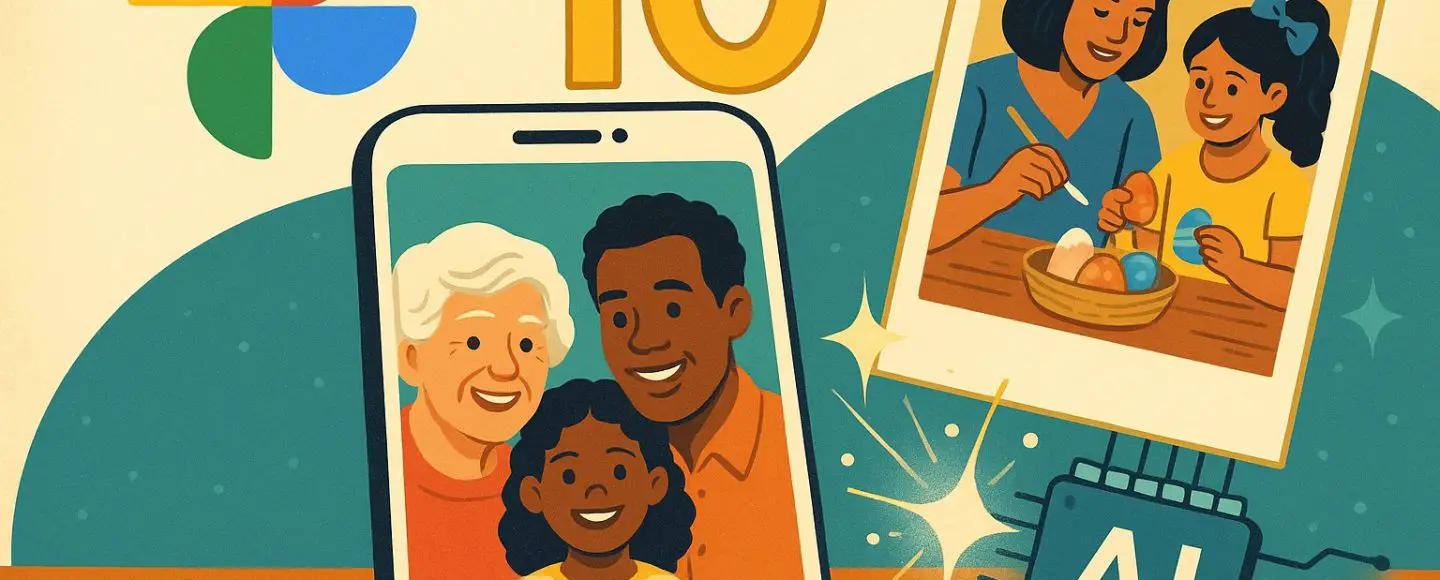


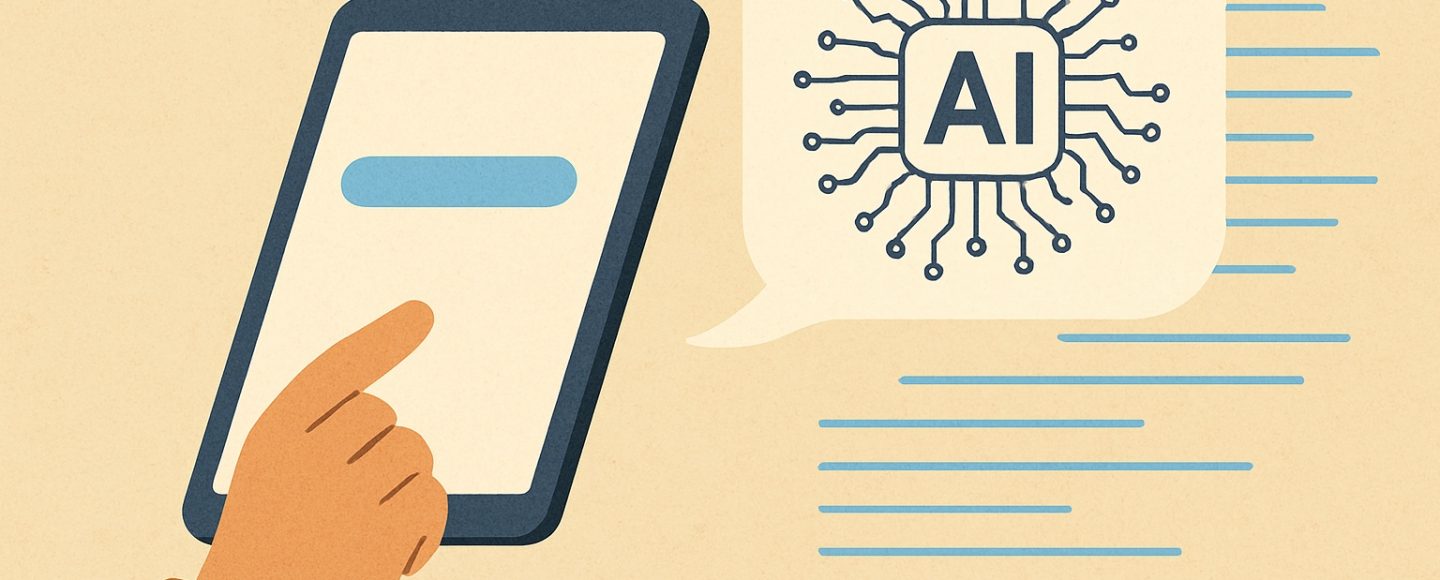























































![[The AI Show Episode 154]: AI Answers: The Future of AI Agents at Work, Building an AI Roadmap, Choosing the Right Tools, & Responsible AI Use](https://www.marketingaiinstitute.com/hubfs/ep%20154%20cover.png)
![[The AI Show Episode 153]: OpenAI Releases o3-Pro, Disney Sues Midjourney, Altman: “Gentle Singularity” Is Here, AI and Jobs & News Sites Getting Crushed by AI Search](https://www.marketingaiinstitute.com/hubfs/ep%20153%20cover.png)























































































































![[FREE EBOOKS] The Chief AI Officer’s Handbook, Natural Language Processing with Python & Four More Best Selling Titles](https://www.javacodegeeks.com/wp-content/uploads/2012/12/jcg-logo.jpg)


















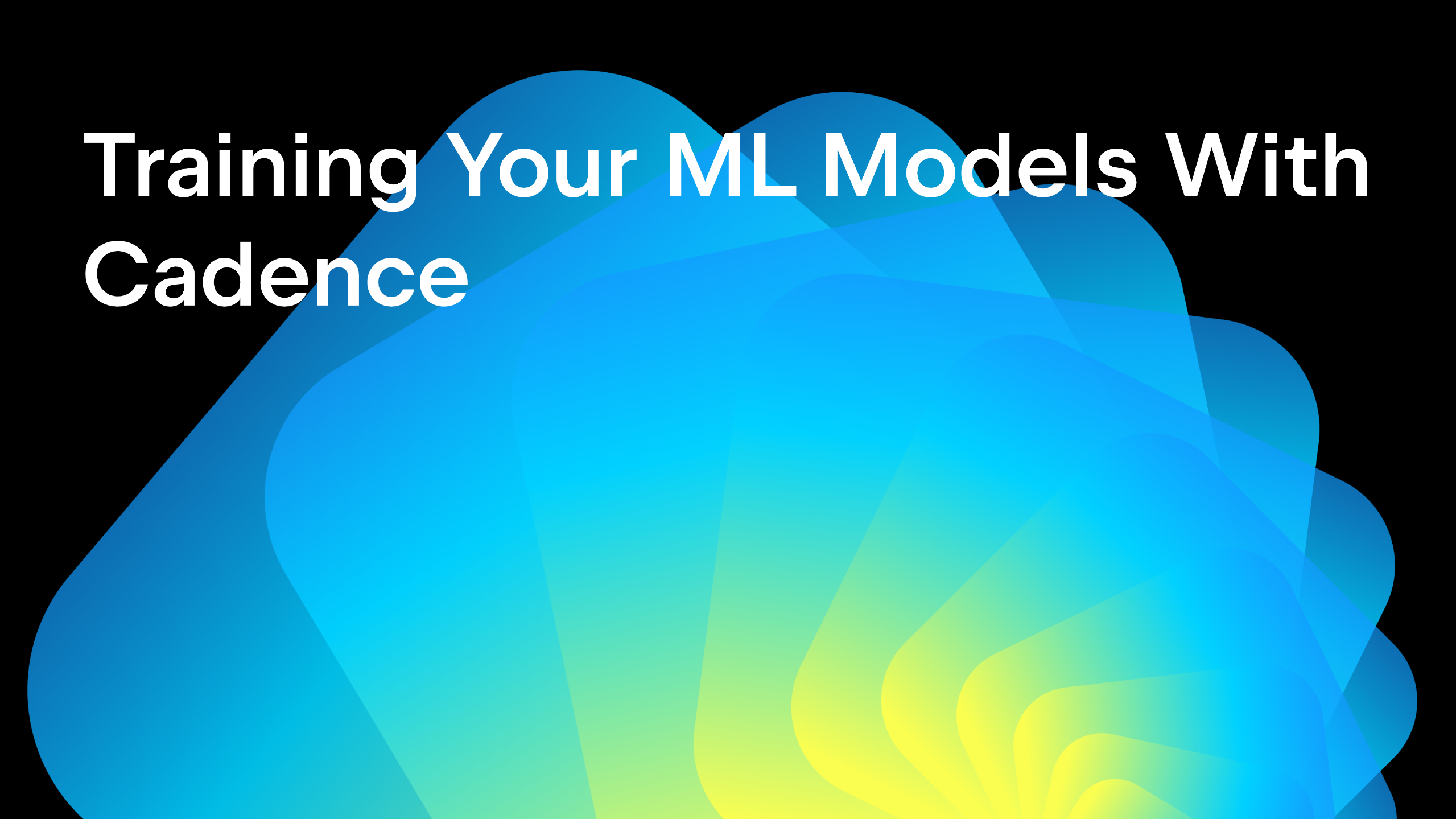
















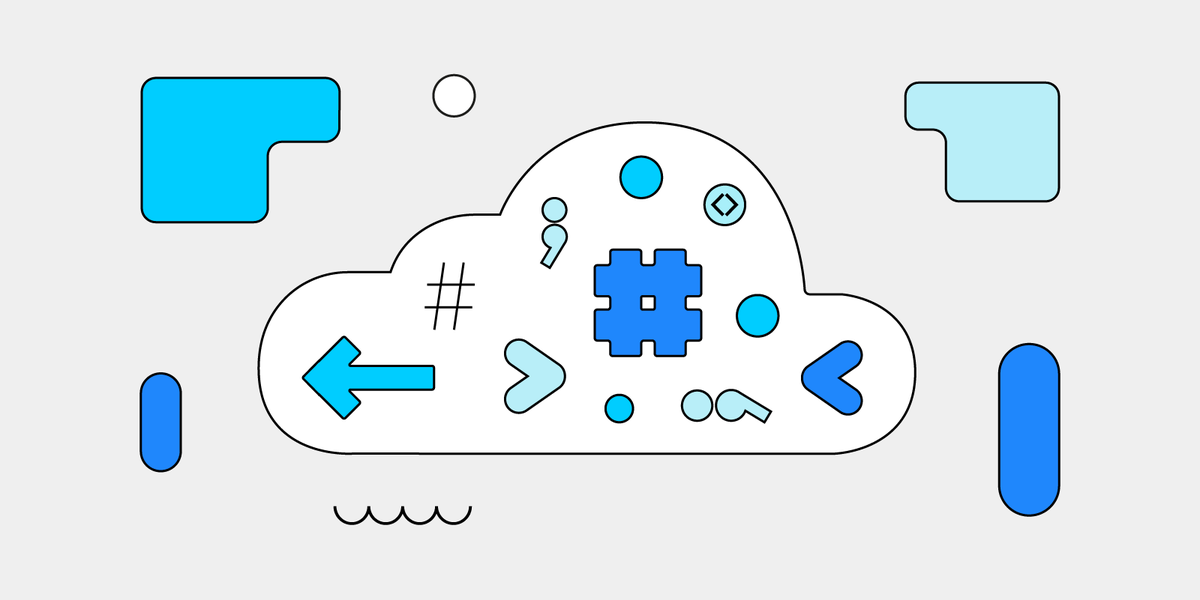







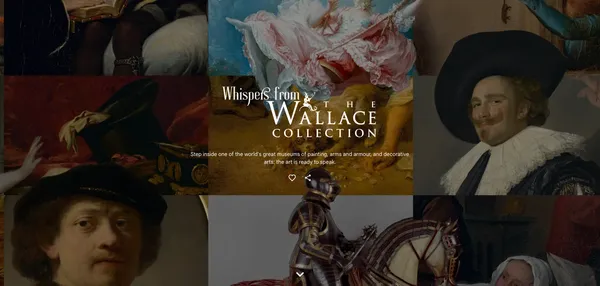
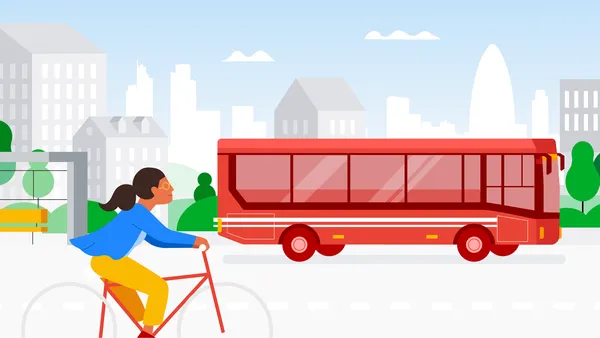
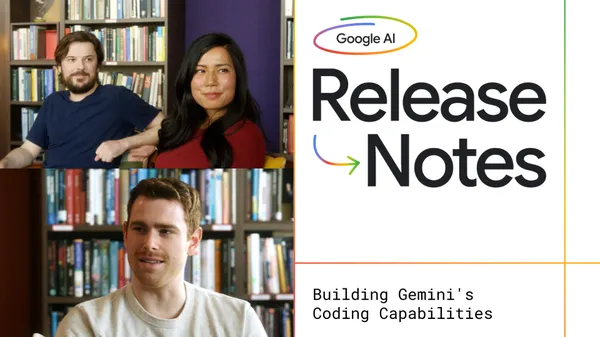




.png?width=1920&height=1920&fit=bounds&quality=70&format=jpg&auto=webp#)



















![GrandChase tier list of the best characters available [June 2025]](https://media.pocketgamer.com/artwork/na-33057-1637756796/grandchase-ios-android-3rd-anniversary.jpg?#)























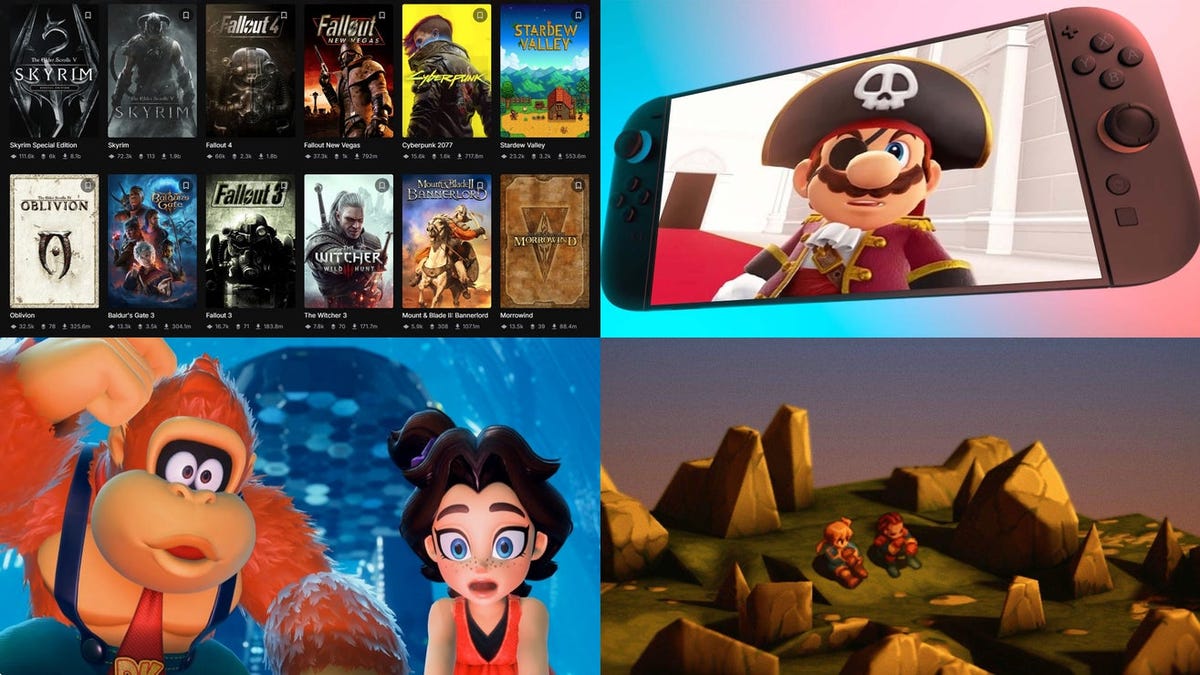










































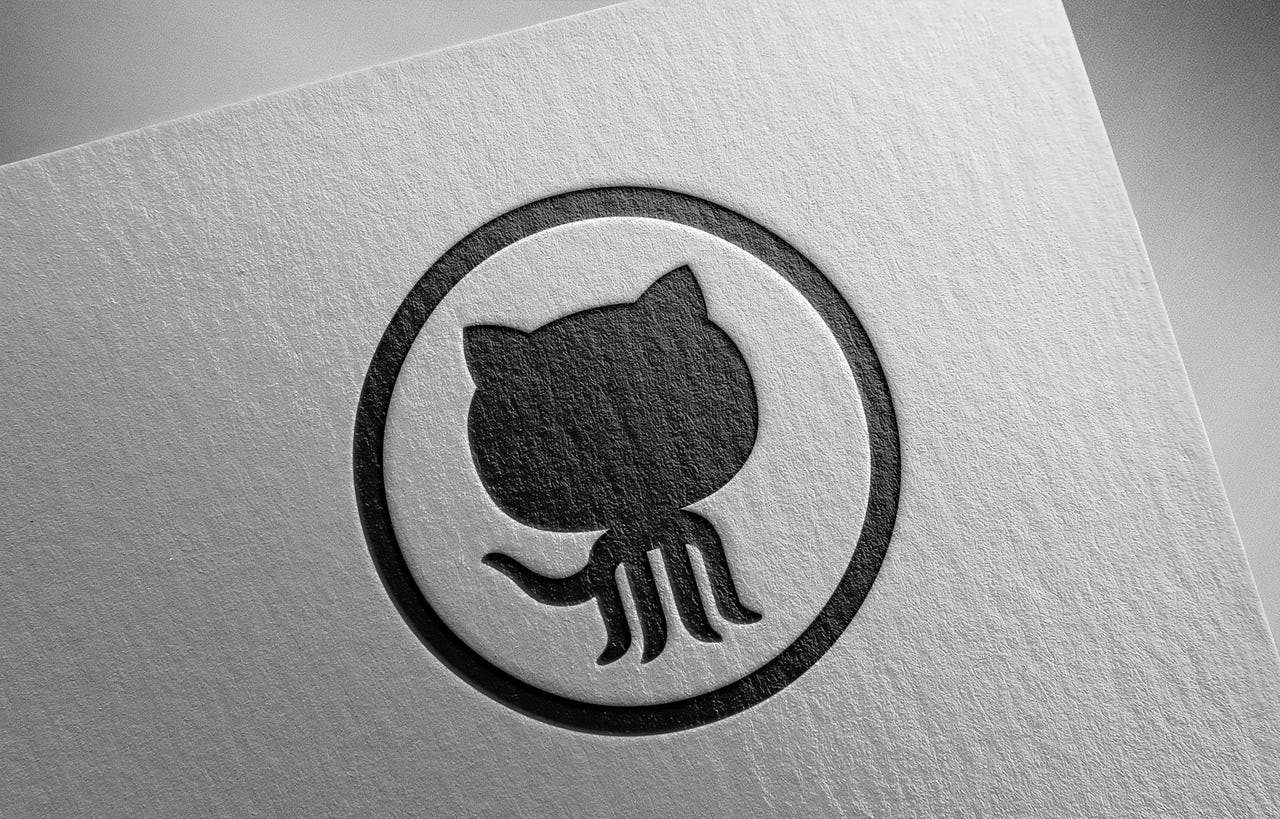

_Frank_Peters_Alamy.jpg?width=1280&auto=webp&quality=80&disable=upscale#)


















































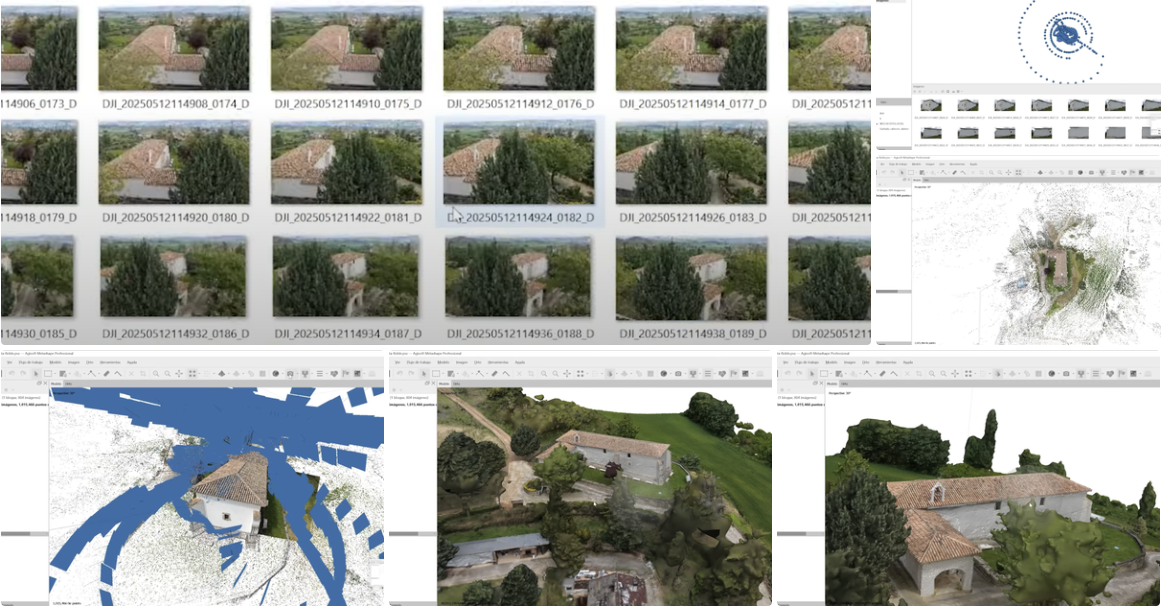
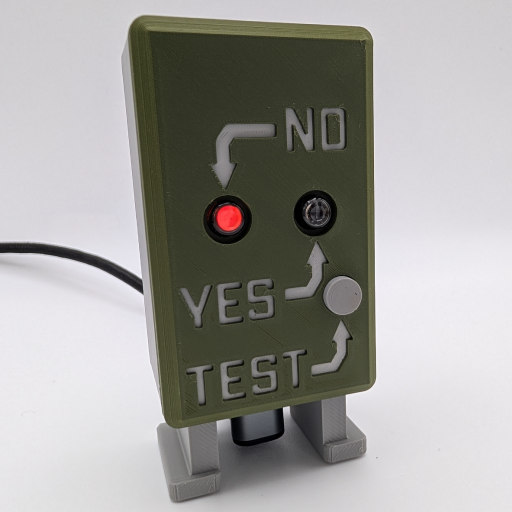























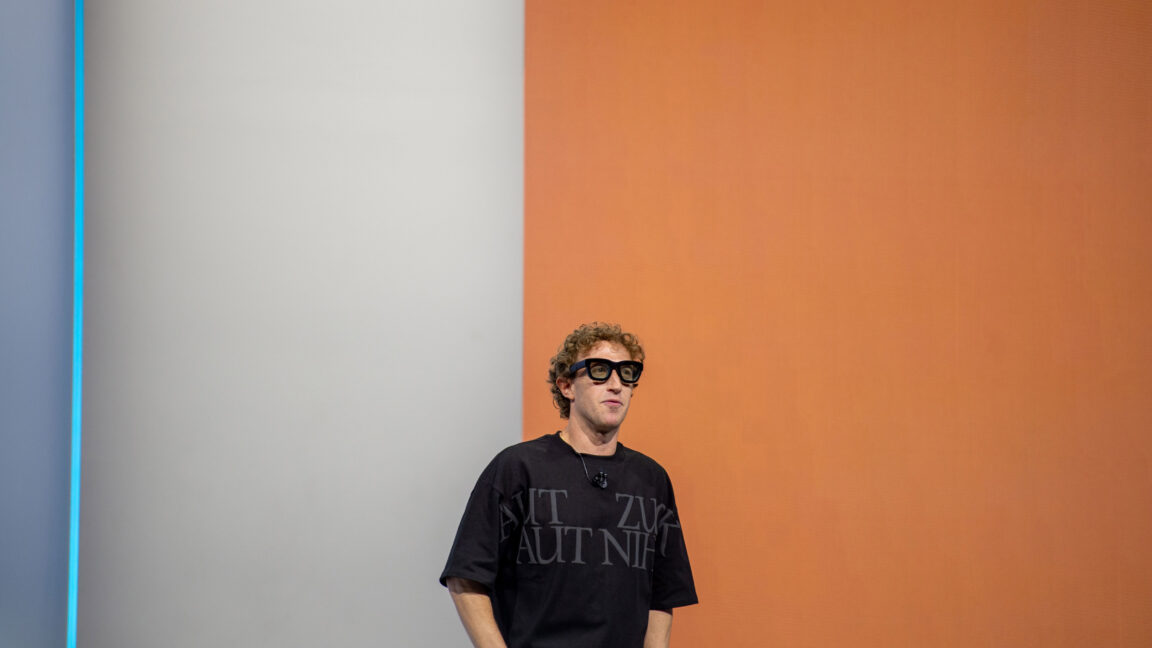




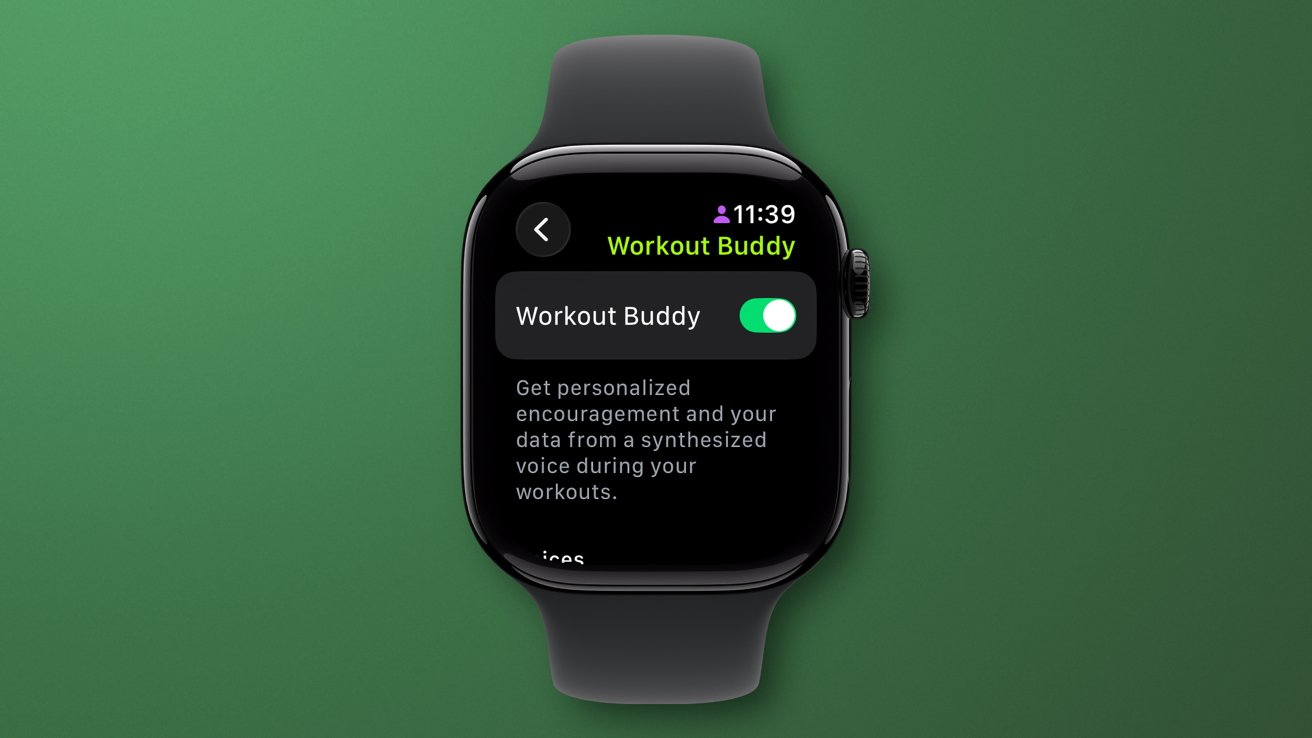




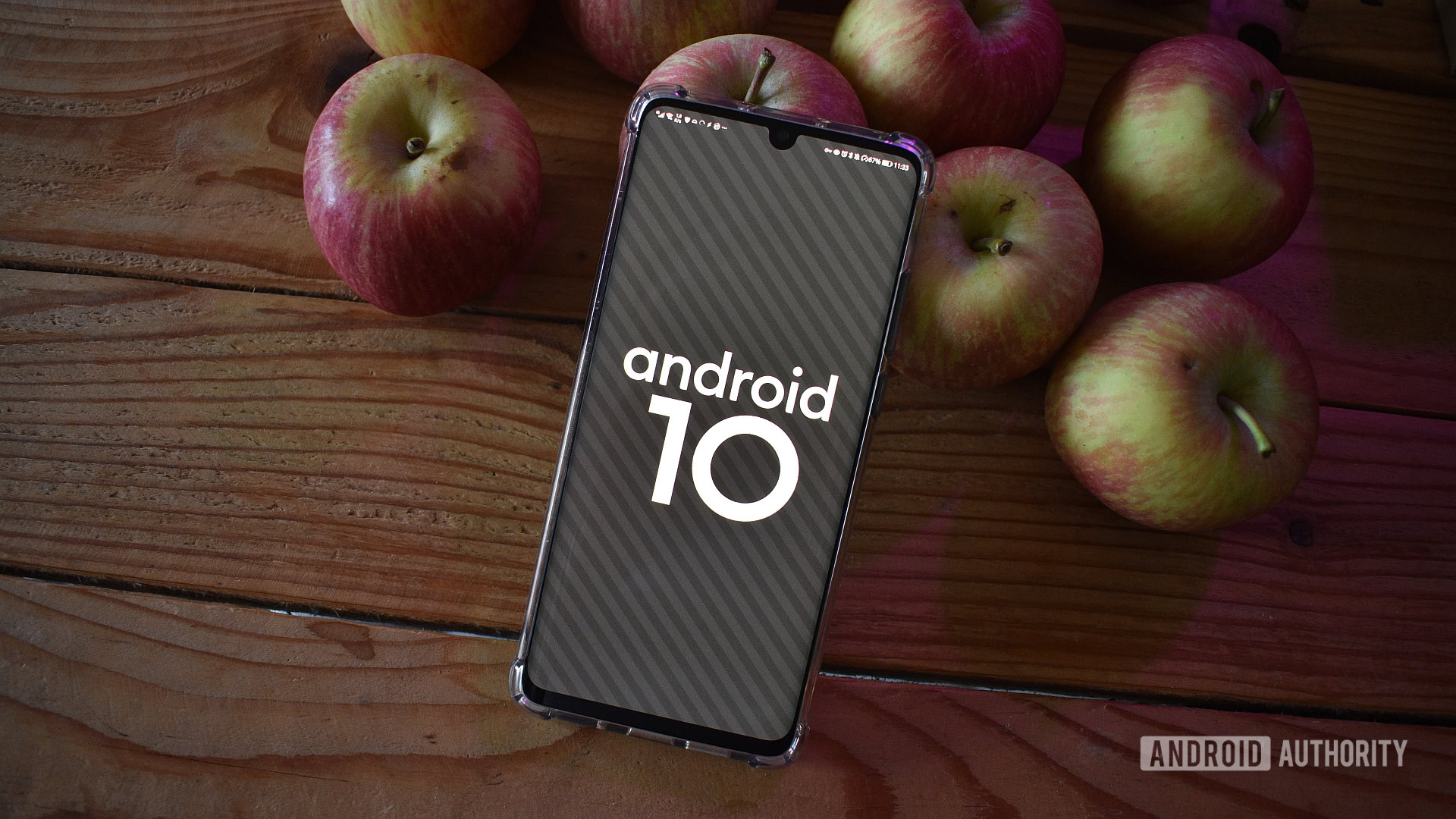
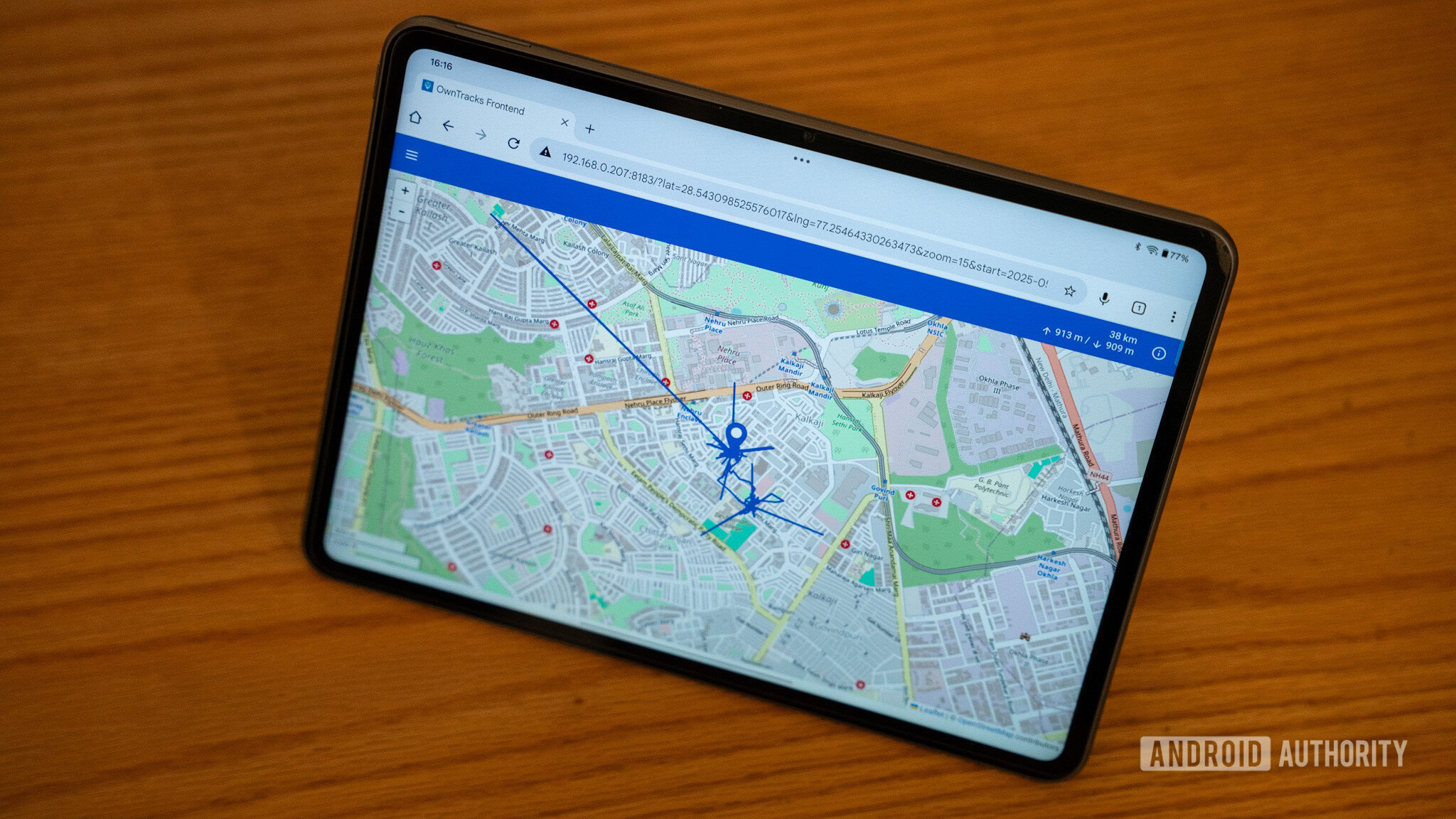
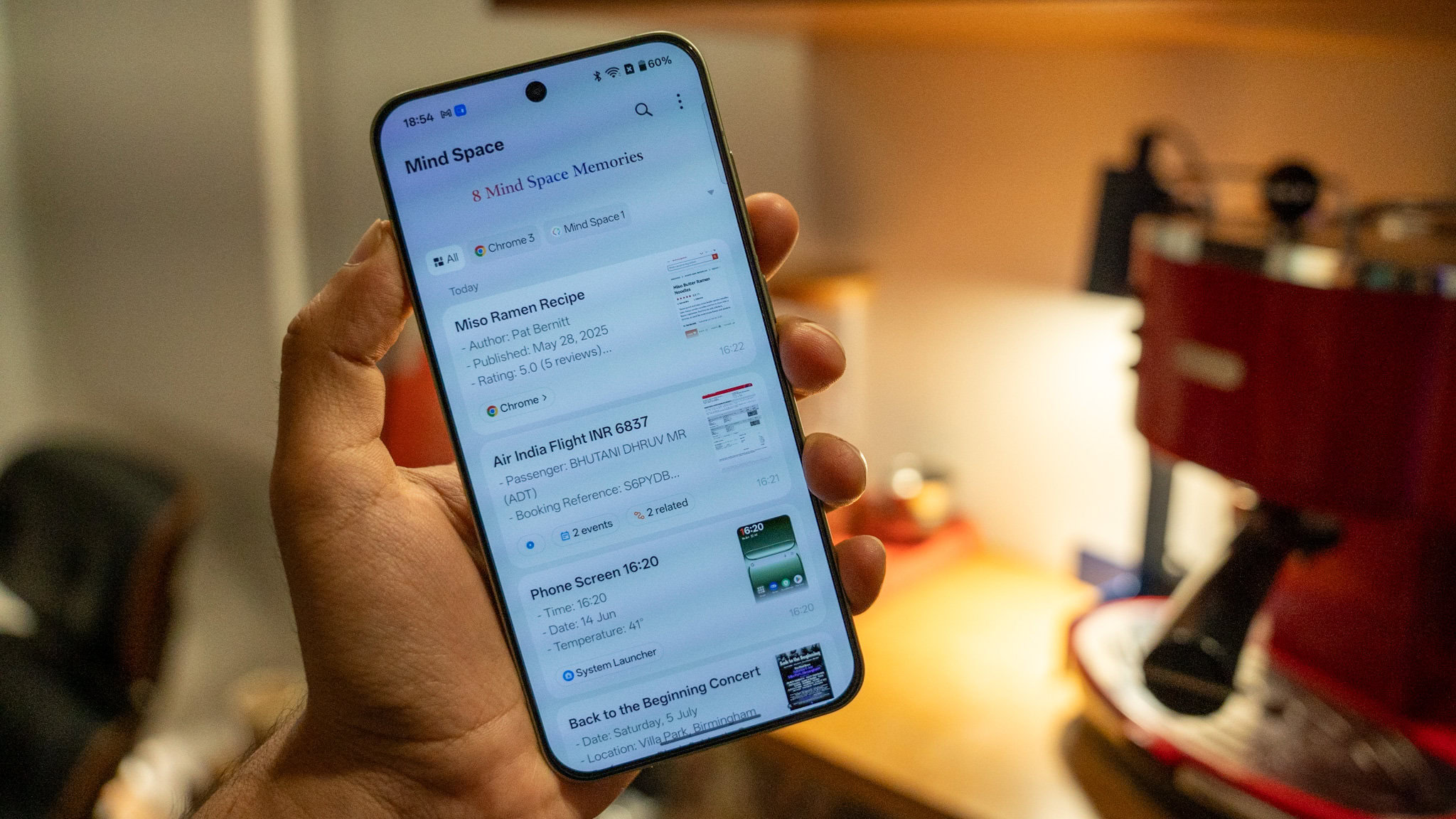




















![Apple Weighs Acquisition of AI Startup Perplexity in Internal Talks [Report]](https://www.iclarified.com/images/news/97674/97674/97674-640.jpg)
![Oakley and Meta Launch Smart Glasses for Athletes With AI, 3K Camera, More [Video]](https://www.iclarified.com/images/news/97665/97665/97665-640.jpg)

![How to Get Your Parents to Buy You a Mac, According to Apple [Video]](https://www.iclarified.com/images/news/97671/97671/97671-640.jpg)



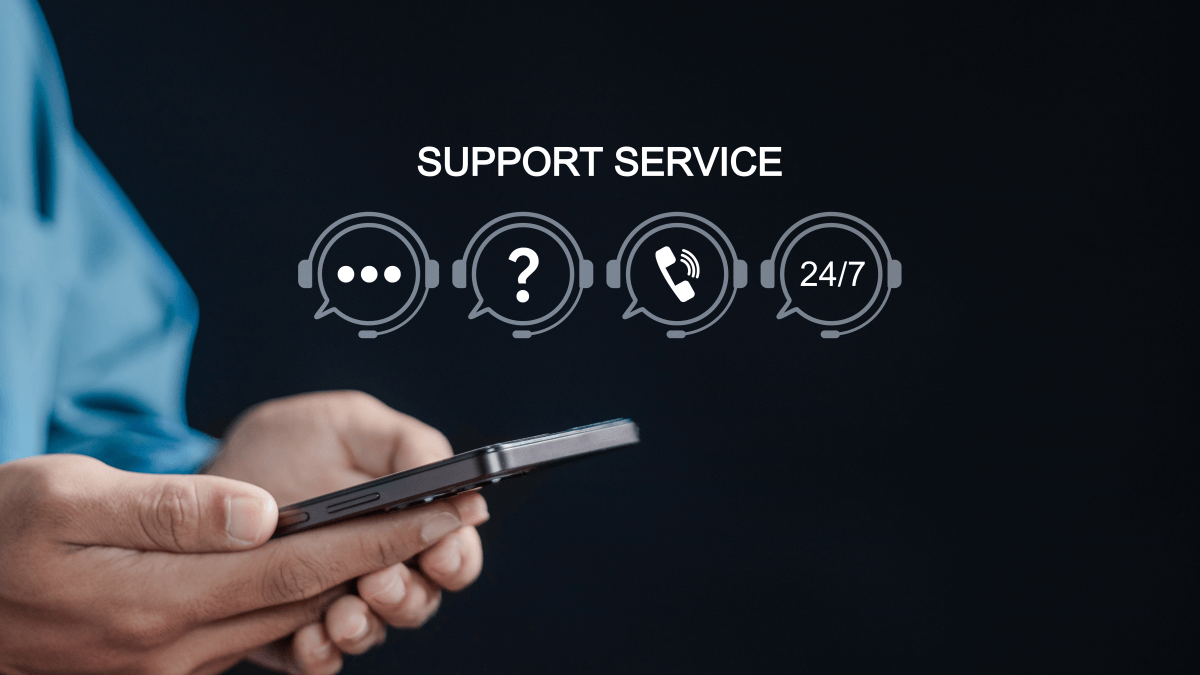
















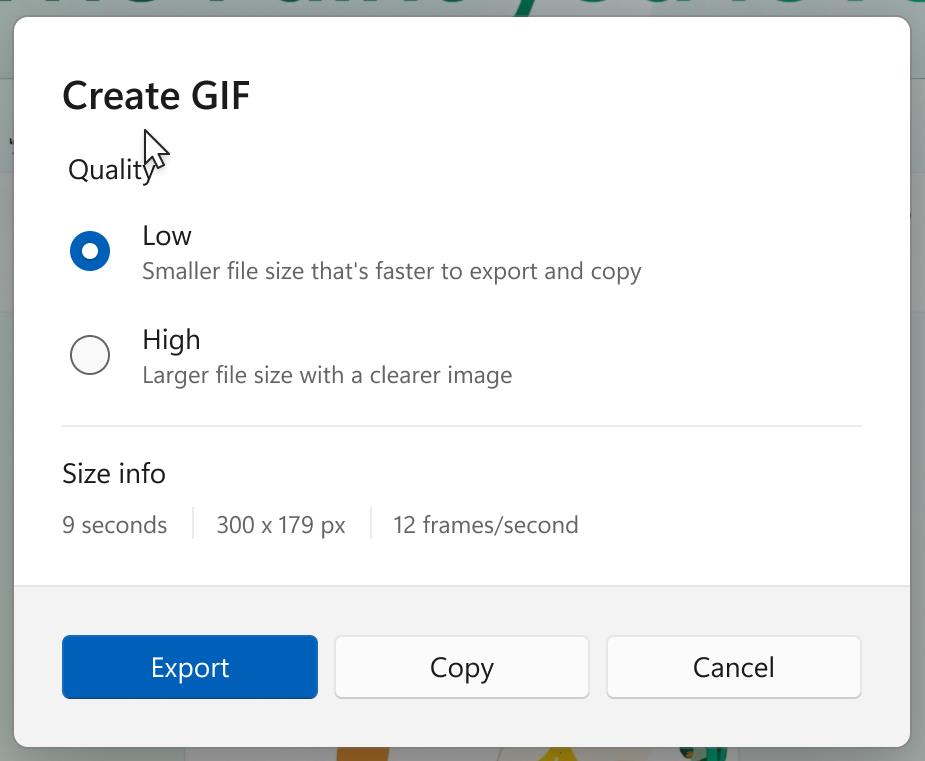

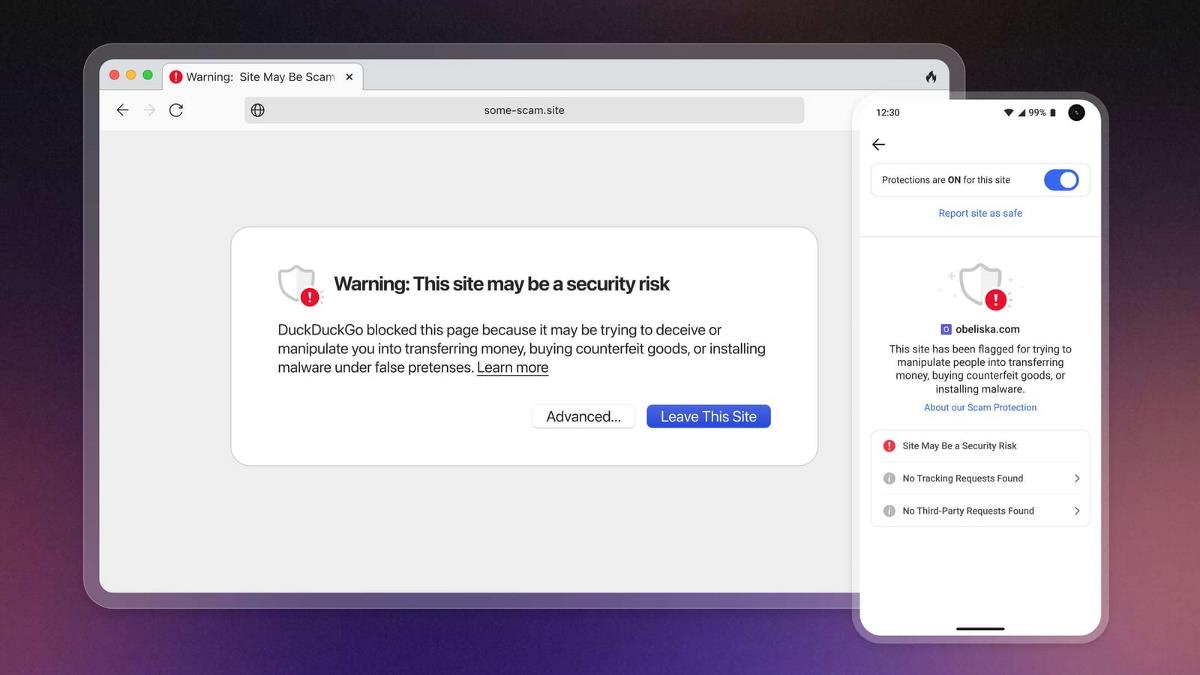
![New accessibility settings announced for Steam Big Picture Mode and SteamOS [Beta]](https://www.ghacks.net/wp-content/uploads/2025/06/New-accessibility-settings-announced-for-Steam-Big-Picture-Mode-and-SteamOS.jpg)




















